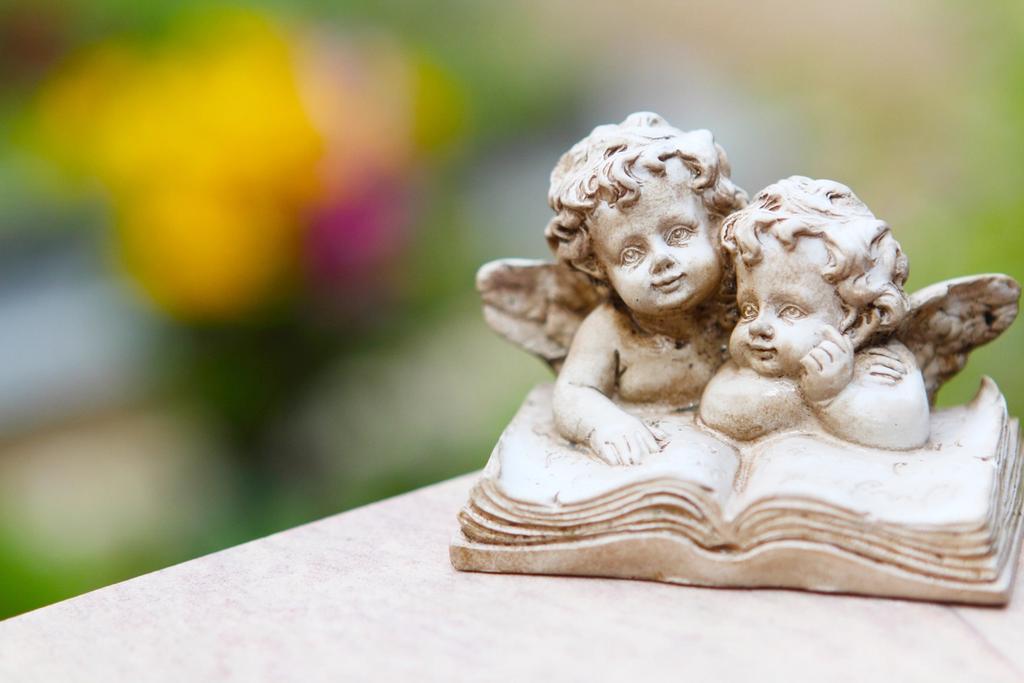How To Pre-Plan Your Own Burial
When pre-planning a burial, there are a number of decisions that you can make about the products, location, and type of service you'd like to have.

In order to fully consider your options and make the best choices for you and your family, it can be helpful to ask yourself questions about the type of burial you'd like. Once you come to a decision about how you'd like the burial to be, you can begin to learn about the burial products you'll need to purchase to facilitate the burial.
Types Of Burial
There are two types of burial: ground burial and mausoleum or crypt entombment. For a ground burial, the body is laid in a casket or wrapped in a shroud, placed in a plot in the ground, and covered with earth. When a body is entombed in a mausoleum or crypt, it's laid in a casket, placed in a large niche in the wall, and sealed shut. Most cemeteries can accommodate either ground burial or entombment.
Type Of Services Around Burial
A burial may take place after a traditional funeral service at a funeral home or religious place of worship, after a graveside service at the burial location, or immediately after death with a memorial service held at a later date.
To learn more about the types of services you can have, see our article Pre-Planning A Funeral Service, Graveside Service, or Memorial Service.
Burial Location
Where would you like to be buried? Ground burial and mausoleum entombment traditionally take place in a cemetery. If you live in a rural area, you may also have the option of being buried on your own property. There are also "green" and natural burial grounds located across the country for eco-friendly burial.
- Would you like to be buried at a cemetery, or at another location?
- If you'd like to be buried at a cemetery, does the cemetery need to meet specific requirements (religious cemetery, veterans’ cemetery, green cemetery, etc.)?
- If you'd like to be buried at another location, do you have the legal right to be buried there?
- If you'd like to be buried in the ground, do you need to purchase a plot?
- If you'd like to be entombed in a mausoleum, do you need to purchase a crypt?
For advice on how to choose a cemetery, see our article How to Decide What Kind Of Cemetery You Want To Be Buried In.
Burial Products
The products you will need to purchase depend on both your preferences and where you want to be buried. As different cemeteries have different requirements, the type of outer burial container (burial vault or grave liner) or the type of headstone or grave marker you'll need will depend on the burial location.
- If you’re planning on purchasing a casket, do you have any personal or religious requirements for the casket style?
- If you'd like to be buried in a cemetery, what are the cemetery’s requirements regarding outer burial containers? Does the funeral home you're working with offer burial vaults or grave liners that meet both the cemetery’s requirements as well as your own preferences, including affordable pricing?
- If you'd like to be buried in a cemetery, what are the cemetery’s requirements regarding headstones and grave markers? Does the cemetery only work with specific vendors, or can you purchase a headstone or grave marker from a vendor of your choosing?
To learn more about burial products, see our article Pre-Purchasing Burial Products.
Burial Product Costs
One of the benefits of pre-planning is that you have the opportunity to shop around and find the exact products and services you'd like. When all costs are taken into consideration, burial can be very expensive. If cost is a concern, you can use this time to make plans that meet your financial needs. It can be helpful to figure out how much you'd like to spend on the burial and funeral before you make any purchases or sign any contracts.
The cost of burial generally includes:
- Any products you’ll be purchasing, including a casket, a burial vault or grave liner, and a headstone or grave marker
- Any services from the funeral home you’ll be purchasing, such as transportation of the body, embalming or other preparations of the body, and the use of funeral home staff and equipment for the service, among other services
- Cemetery costs, including a plot or a space in a mausoleum, fees for opening and closing the grave, “endowment care” fees, and headstone installation fees, among others
Be aware that a funeral home may not take cemetery costs into account when talking to you about the cost of the arrangements you're making.
Communicating With Your Family
Whether you make firm burial arrangements (such as purchasing products or a plot) or simply think about what you'd like, it's a good idea to talk to your family about what you've decided. By sharing your thoughts and decisions with your family, you can relieve some of the stress when the time comes, as they'll know what kinds of plans you've made or what you would have wanted.
- How To Express Sympathy: What To Say And What...We’ve compiled a list of things to say—and things to avoid saying—when...Read more
- A Quick Overview Of Proper Funeral EtiquetteFunerals are emotionally complex, and knowing how to act can present a...Read more
- The Five Stages Of GriefAfter experiencing a loss, it's common to go through a range of emotions...Read more
- Funeral Pre-Planning Cheat SheetPlan now, rest later.Read more



